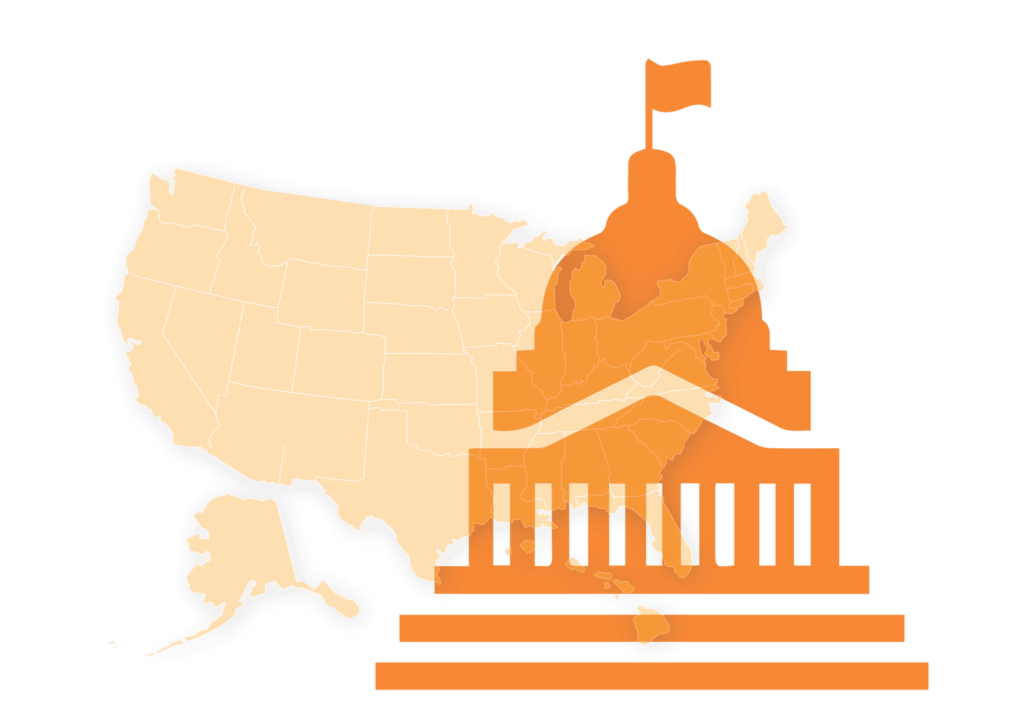Dear President Biden,
As organizations deeply committed to the education, health, and wellbeing of our nation’s students, we were excited to learn about the White House Conference on Hunger, Nutrition and Health in September 2022. We view this Conference as an exciting and transformational opportunity to address food insecurity, and we share your goal to end our nation’s hunger crisis by 2030. In order to meet that goal, it is essential to prioritize students, particularly those most at-risk of hunger and food insecurity, including students of color, students from low-income backgrounds, and students with disabilities. We respectfully encourage your administration to include a sixth Pillar emphasizing the critical role that schools play in addressing student hunger and nutrition. We also urge your administration to not only solicit feedback and input from stakeholders with expertise in education-related disciplines, but also to ensure that students, families, educators, practitioners, and other stakeholders are present and involved in the Conference itself.
Hunger and food insecurity affects millions of students every day, impacting not only their mental and physical health, but also their academic success. According to 2020 data from the US Department of Agriculture (USDA), nearly 13 million children, or roughly 1 in 6 children, across the United States live in food-insecure households. These disparities are greatest among students of color and students from low-income backgrounds. According to 2016 data, the percentage of Black (25.6 percent) and Hispanic households with food-insecure children (24.3 percent) was nearly two times that of white households (13.2 percent). Similar disparities also appeared for students with disabilities; according to analysis from the Center on Budget and Policy Priorities, children with disabilities are 24 percent more likely to live in food insecure households than children without disabilities.
We also know food insecurity and hunger impacts students pursuing a higher education. Nationally, college students experience food insecurity and hunger at higher rates than the general population, negatively impacting their physical, mental, and academic wellbeing. According to a fall 2020 survey of nearly 200,000 students at over 200 colleges and universities, one-in-three students, including 39 percent of students at public two-year schools, experienced food insecurity in the last 30 days. Furthermore, food insecurity on college campuses was most pronounced among students of color and students from low-income backgrounds: 47 percent of Black students and 42 percent of Hispanic students at public four-year institutions experience food insecurity compared to 30 percent of White students. Similarly, nearly half of Pell Grant recipients at public four-year schools experienced food insecurity.
Regrettably, disparities in food insecurity and hunger for students across the academic lifespan have been exacerbated by the ongoing COVID-19 pandemic. For example, nearly 40 percent, or roughly two in five Black and Latino households with children, struggled to put food on the table at the beginning of the pandemic. The pandemic presented similar challenges for college students as well. According to The Hope Center for College, Community, and Justice, students who contracted COVID-19 were nearly two times more likely to experience food insecurity than those who did not contract the virus. Another survey conducted in 2020 found similar results, with 52 percent of students reporting that they used off-campus food banks, and more than 30 percent of students reporting that they knew a classmate who dropped out of school due to difficulties affording food.
Given the significant challenges facing our students and the compounding effects the COVID-19 pandemic has had on their success and wellbeing, we respectfully urge your administration to prioritize student hunger as a key area of emphasis in the 2022 White House Conference on Hunger, Nutrition and Health. By including a sixth Pillar focused on the role that schools play in addressing student hunger and nutrition, the Conference can help to bridge barriers and bring together diverse stakeholders who play a critical role in addressing student hunger. Furthermore, it is essential that students who have experienced food insecurity, as well as families, educators, practitioners, and other stakeholders across early childhood, K-12, and post-secondary are included not only in the development of the policies and priorities the Conference will aim to address, but also in the Conference itself. Providing an opportunity for students, educators, administrators, and other stakeholders from early education through post-secondary to come together with nutrition leaders could lead to exciting opportunities for collaboration, including better data sharing, improved implementation of programs, increased and improved integration of nutrition into schools, and much more.
We are grateful for your consideration of these priorities, and for your leadership and commitment to end our nation’s hunger crisis by 2030. We look forward to working with you throughout this process, and please do not hesitate to reach out to Blair Wriston, Senior Government Affairs Associate at The Education Trust, with any questions or concerns.
Sincerely,
A for Arizona
AASA, The School Superintendents Association
All4Ed
Association of School Business Officials International (ASBO)
Center for American Progress
Chiefs for Change
Eating Disorders Coalition for Research, Policy & Action
EdAllies
EDGE Consulting Partners
Education Leaders of Color (EdLoC)
Education Reform Now
EduColor
Hunger Free America
Learning Disabilities Association Montgomery County, MD
Learning Disabilities Association of America
National Alliance for Public Charter Schools
National Association of Secondary School Principals (NASSP)
National Rural Education Association
National Superintendents Roundtable
Organizations Concerned About Rural Education
Schlechty Center
SchoolHouse Connection
Small School Districts’ Association of California
Swipe Out Hunger
Teach For America
The Education Trust
The Hope Center for College, Community, and Justice
The Institute for College Access & Success (TICAS)
The Young Women’s Project
Virginia Poverty Law Center




